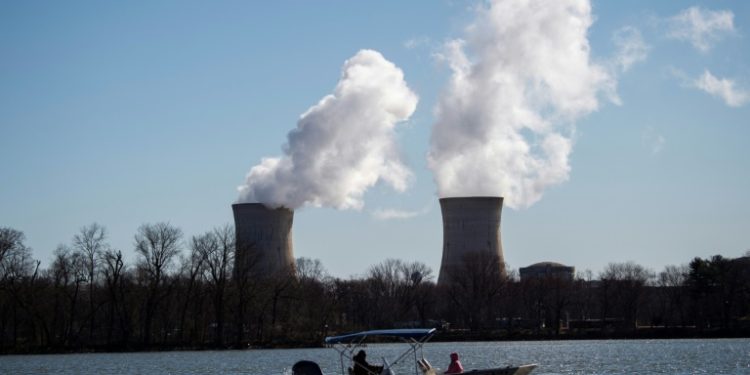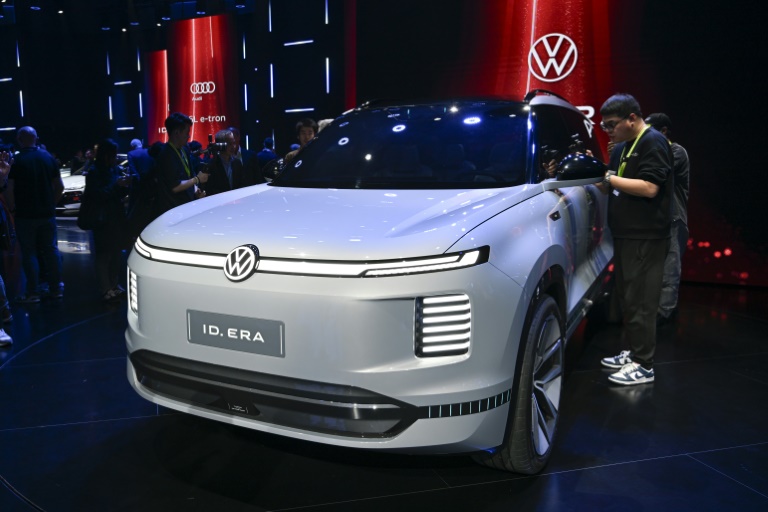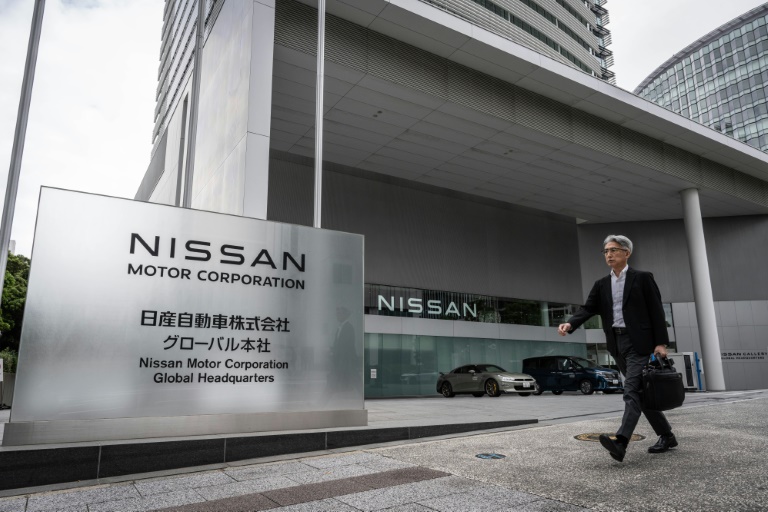Washington (AFP) – Three Mile Island, the site of America’s worst nuclear accident, will restart operations to provide power to Microsoft, US electricity company Constellation Energy announced Friday. Microsoft will use the capability to deliver its expanding AI and cloud services, which are putting pressure on local electricity providers as tech giants build more power-hungry data centers.
The 20-year agreement involves restarting Unit 1, which “operated at industry-leading levels of safety and reliability for decades before being shut down for economic reasons exactly five years ago,” Constellation said in a statement. Unit 1 was not involved in the 1979 partial nuclear meltdown at the Pennsylvania site. Before its premature retirement in 2019, the plant could power over 800,000 average homes. Microsoft will use this energy to support power grids in the mid-Atlantic states around Washington DC, a region considered an internet crossroads.
Bobby Hollis, Microsoft’s vice president of energy, said that Three Mile Island’s nuclear energy will bolster a power grid covering 13 states. This area faces severe strain from data centers’ massive energy consumption, raising concerns about grid stability as AI demands increase. Tech giants like Microsoft, Amazon, and Google are rapidly expanding their data center capabilities to meet the AI revolution’s computing needs while also scouring the globe for sources of electricity. Hollis said the project was part of a “multi-technology approach” to sourcing power – which also includes wind and solar energy – and “an essential pathway to achieving our goal of becoming carbon negative by 2030.”
Microsoft earlier this year signed a deal with Canada’s Brookfield Asset Management to develop over 10.5 gigawatts of new wind and solar farms, marking one of the largest corporate purchases of renewable energy to date.
– Nuclear option –
Constellation Energy expects the Three Mile Island reactor to go back online in 2028. Seen as a more consistent source of power than solar and wind, many tech companies are betting on nuclear energy’s rapid development to meet AI’s electricity demands. Amazon’s AWS agreed in March to invest $650 million in a data center campus powered by another 40-year-old Pennsylvania nuclear plant.
Tech companies are also interested in small modular reactors (SMRs), which are more compact and potentially easier to deploy — with big investments by Microsoft founder Bill Gates in the sector. However, this technology is still in its infancy and lacks regulatory approval, leading companies to seek out existing nuclear power options.
Nuclear energy has staunch opponents due to concerns about radioactive waste disposal, the potential for catastrophic accidents, and the high costs associated with plant construction and decommissioning. The 1979 partial meltdown of Unit 2 at Three Mile Island caused panic in the United States and brought the expansion of nuclear energy to a standstill. The Nuclear Regulatory Commission deemed it the “most serious accident in US commercial nuclear power plant operating history,” though it noted no detectable health effects on workers or the public from the small radioactive releases.
© 2024 AFP






















